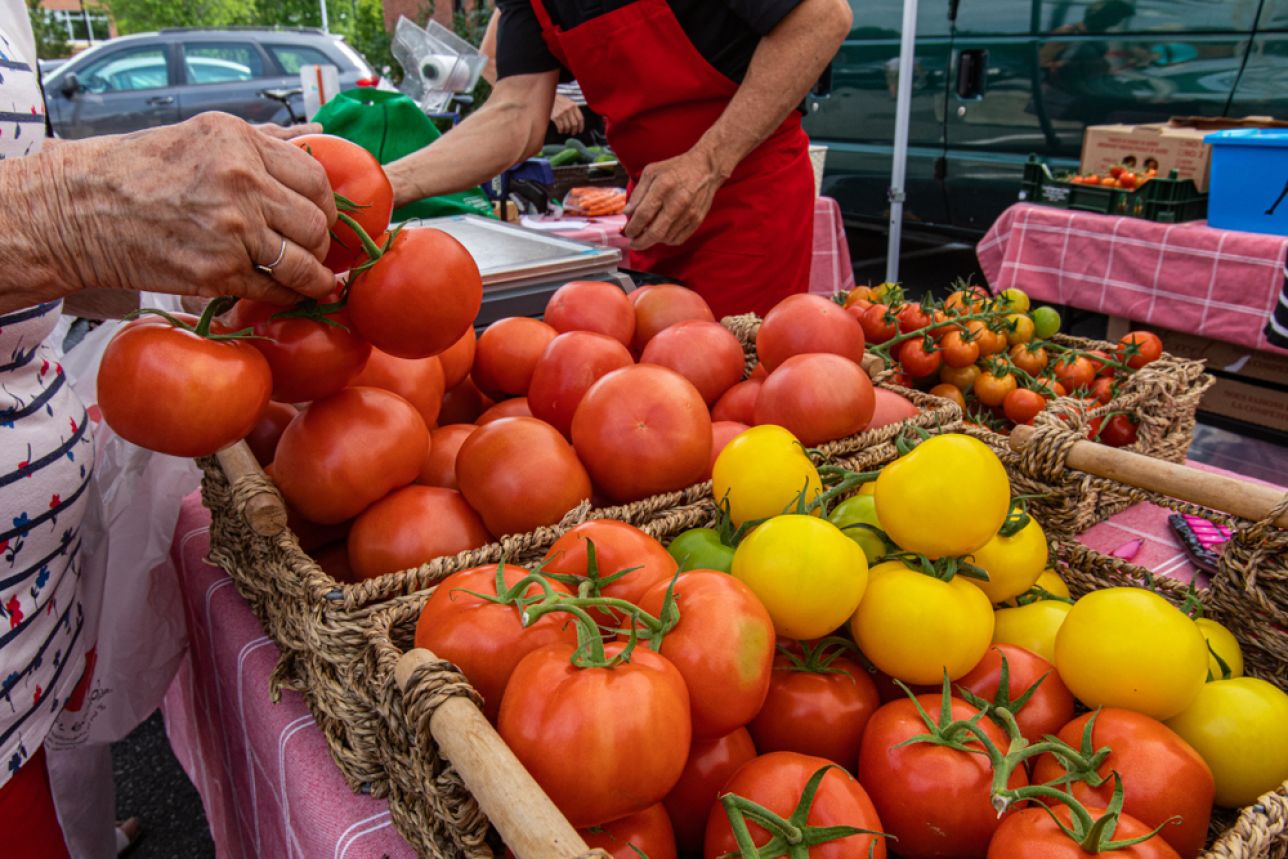Sara Mecca's initiative turns household waste into innovative materials and paves the way for a circular economy
The valorisation of food waste is of fundamental importance for the reduction of environmental impact and greenhouse gas emissions. This is why the project entitled ‘Unlocking the potential of Urban fruit and vegetable waste: a multifaceted approach to sustainable bio-waste treatments’ was awarded the Green Transition prize, a recognition given for its high innovative content and technology transfer potential in the bioplastics industry, during the Third General Meeting of Musa.
The project led by Sara Mecca, a researcher at the Department of Materials Science of the Bicocca University of Milan, focuses on the valorisation of agro-food waste, particularly those of domestic origin such as fruit and vegetable peels, organic wet waste and pruning residues. The aim is to transform this waste into new materials that can be used in green building, packaging and coatings.
The project also aims to create a sustainable and circular network in the production fabric, where agro-food waste from one supply chain can become a resource for another. Currently, the research is being tested on a large scale, with the aim of demonstrating the effectiveness and replicability of the model developed.
Sara Mecca and her research team, part of the MUSA Spoke 1 project, have been working for a year on low environmental impact treatments, avoiding the use of toxic chemical agents. This innovative methodology makes it possible to directly utilise the structural components of waste to create new materials, such as durable, waterproof films for sustainable packaging and coatings for construction.





